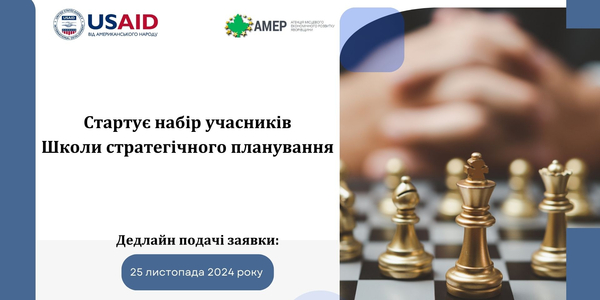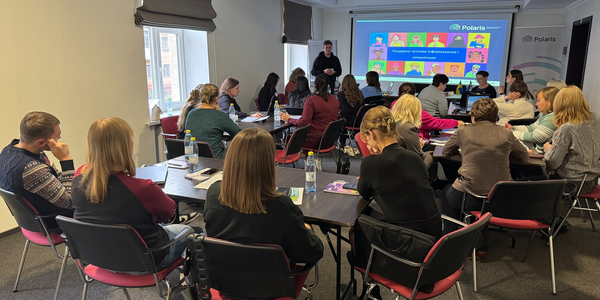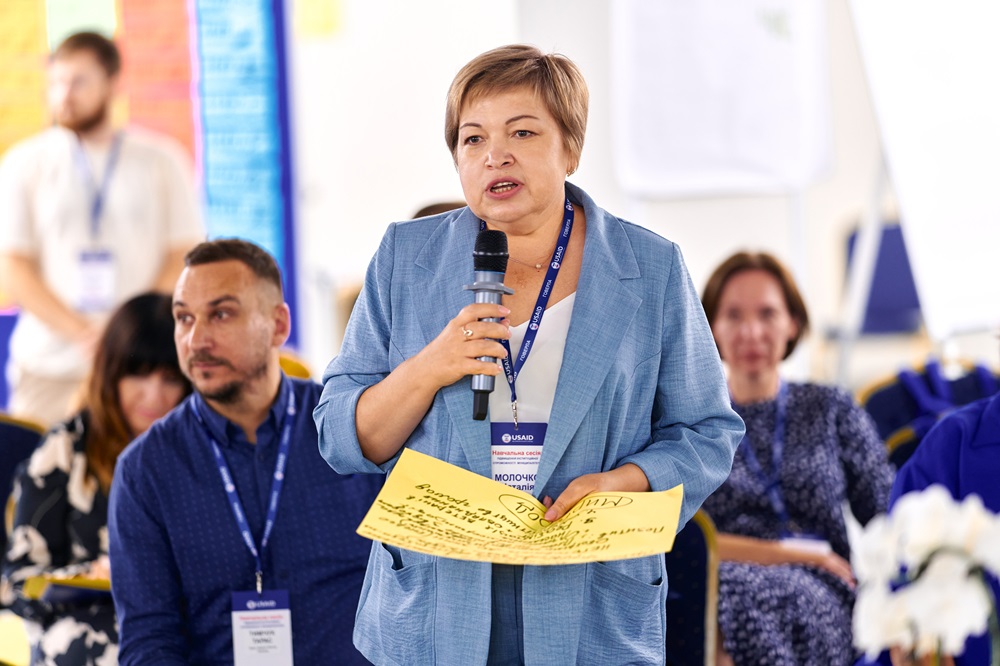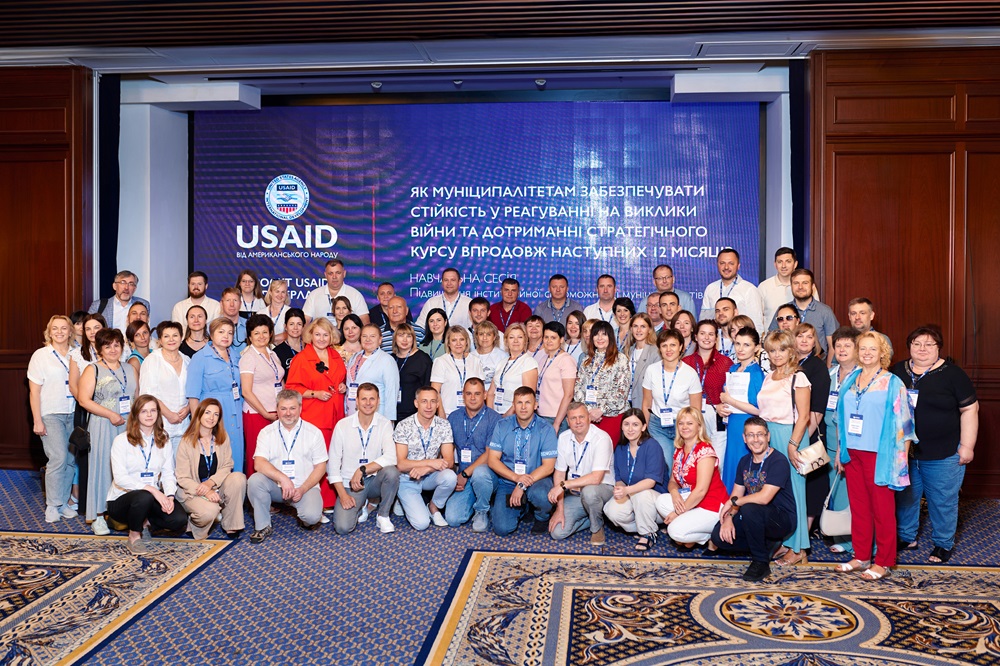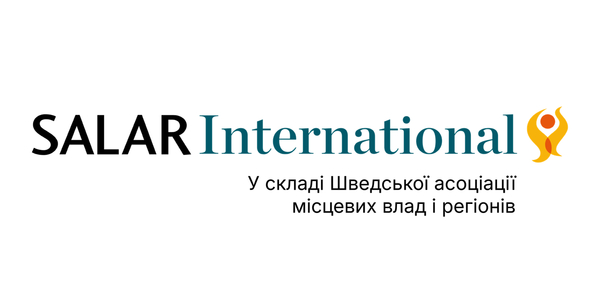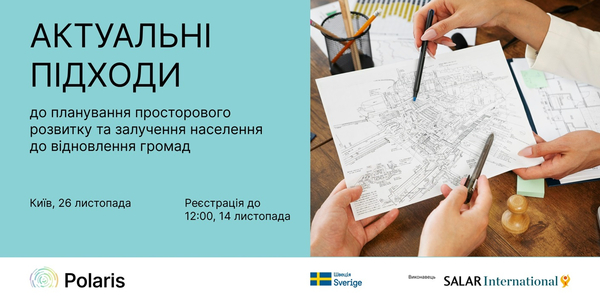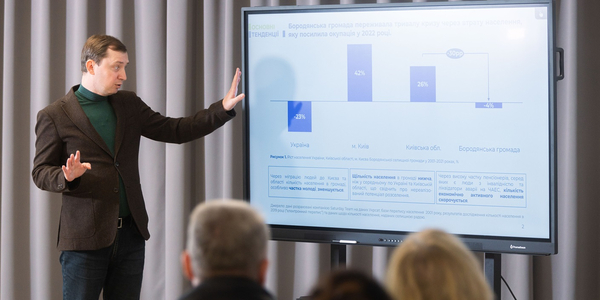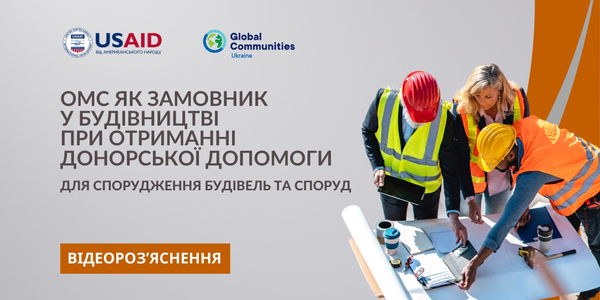
One hundred local self-government and civil society representatives from nineteen municipalities participated in a learning session organized by the USAID HOVERLA Activity on July 23-25In the three-day session, the communities finalized their institutional development plans.
This year, to measure and strengthen local governments’ resilience during wartime, USAID HOVERLA Activity adapted and implemented the Organizational Performance Index (OPI) - a self-assessment tool designed to help local authorities identify priority development goals and ensure effective governance in wartime conditions.
During the learning session, municipal representatives outlined priorities and tasks. Despite the different contexts in which the communities find themselves, the key priorities among all participants were similar:
- Improving quality and open communication with residents to increase trust in authorities and enhance interaction with local governments.
- Strengthening competencies for asset management and economic development to enhance the financial sustainability of the communities.
- Developing energy independence and security for their communities.
Municipal representatives demonstrated motivation to develop institutional capacity and democratic culture despite the numerous challenges faced by local governments during the war. One of the main motivational factors for the participants was the desire to support Ukrainian soldiers and their families so that upon returning home, veterans would feel comfortable and proud of their community.
Through the OPI self-assessment, communities identified the main characteristics of capable municipalities, including:
- Participatory leadership style of team leaders. The ability to freely and constructively discuss issues in the presence of the head (or deputy head) stimulates the development of innovative practices in the organization. Although contextual factors such as proximity to combat zones or remoteness from transport arteries significantly impact capacity growth, they become secondary compared to participatory leadership.
- Open management and communication systems, networking and partnership building, strategic management with a focus on development, the ability to set priorities for the most efficient investment of limited resources, project management skills significantly enhanced by partnerships with civil society organizations, understanding their assets and the ability to manage them, and the ability to learn and implement innovations.
- Cross-sectoral cooperation, where municipalities learn from each other, exchanging best practices for problem-solving — as each community is unique with its specific experience and context, but by hearing ideas from others, they find their ways to adapt necessary tools. This is how solutions to complex problems are born.
Based on the OPI self-assessment results, communities will develop annual institutional development plans. USAID HOVERLA Activity will assist municipalities in implementing the developed annual institutional development plans.
